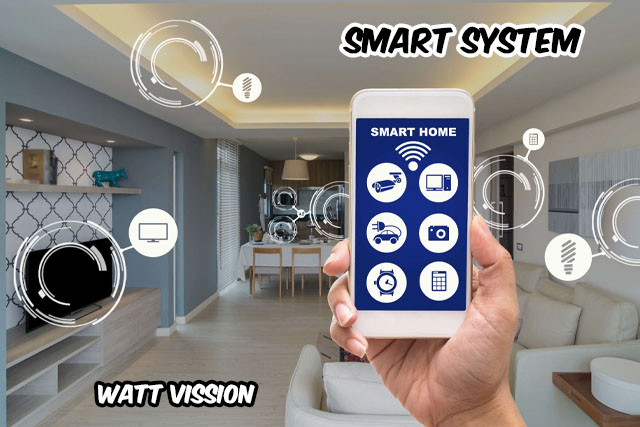Author: Nazakat Ali
As the world rapidly embraces digital technology, “Smart Systems” have become an essential part of modern life. These systems offer automation, convenience, and efficiency across various sectors. In this article, we will explore what a smart system is, its components, and how it is transforming daily life.
What is a Smart System?
A smart system is an intelligent, automated solution that uses sensors, data, and communication technologies to learn from its environment, process information, and make autonomous decisions. Smart systems don’t just collect data; they analyze it and provide immediate, optimized solutions for users.
Key Components of a Smart System
Sensors and Actuators: Sensors gather data from the environment, such as temperature, light, or motion, while actuators carry out specific actions like turning lights on or off.
Data Processing Units: These are the brains of the system. They process the data received from sensors and determine the best course of action based on predefined algorithms.
Communication Technology: This enables smart systems to communicate with other devices or users. Technologies like Wi-Fi, Bluetooth, and Zigbee are commonly used for this purpose.
User Interface: A smart system often includes an interface (like a mobile app or control panel) that allows users to monitor and control the system.
Types of Smart Systems
Smart systems can be found in a wide range of applications:
Smart Homes: Automation of household tasks like lighting, heating, and security through devices that can be controlled remotely.
Smart Grids: Electrical grids that use technology to optimize energy distribution and manage electricity consumption more efficiently.
Smart Cities: Integrated systems for managing traffic, utilities, waste, and public services to improve urban living.
Smart Healthcare: Devices and systems that monitor patient health in real-time, providing instant feedback and care recommendations.
Industrial Automation: Smart systems used in factories and production lines to increase efficiency and reduce human error.
Benefits of Smart Systems
Efficiency: Smart systems automate tasks and processes, reducing the need for manual intervention and saving time.
Energy Saving: By optimizing resource use, smart systems help reduce energy consumption and operational costs.
Safety and Security: From smart locks to surveillance systems, smart solutions enhance the security of homes and businesses.
Personalization: Smart systems can adapt to user preferences, offering customized experiences based on individual needs.
Data-Driven Decision Making: By analyzing real-time data, smart systems provide insights that lead to better, informed decisions.
Future of Smart Systems
The future of smart systems lies in further integration and artificial intelligence. As AI and machine learning become more advanced, smart systems will be capable of more complex tasks, learning continuously from their environment, and making even better decisions without human intervention.
Conclusion
Smart systems are revolutionizing how we interact with technology. From homes and cities to industries and healthcare, these systems are making our lives more convenient, safe, and efficient. At Watt Vission, we are committed to providing insights and solutions that empower businesses and individuals to embrace the smart future.
